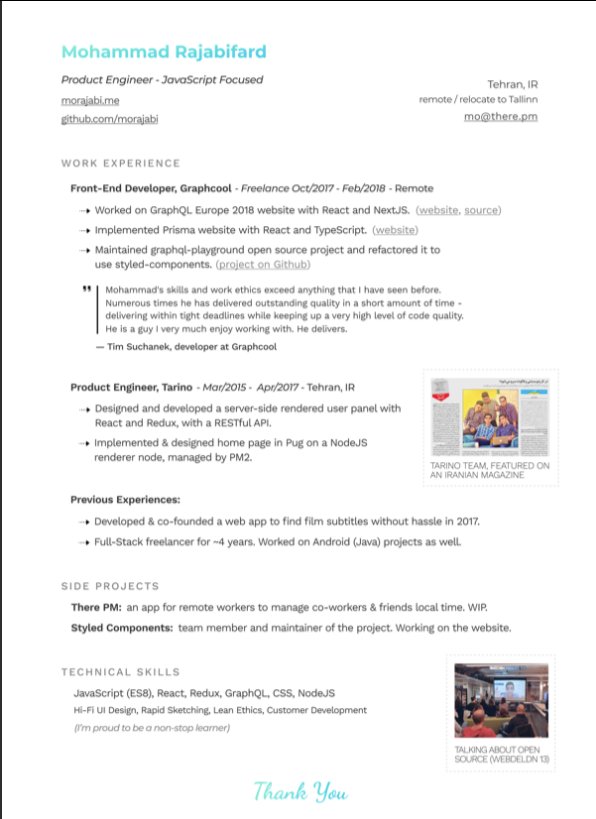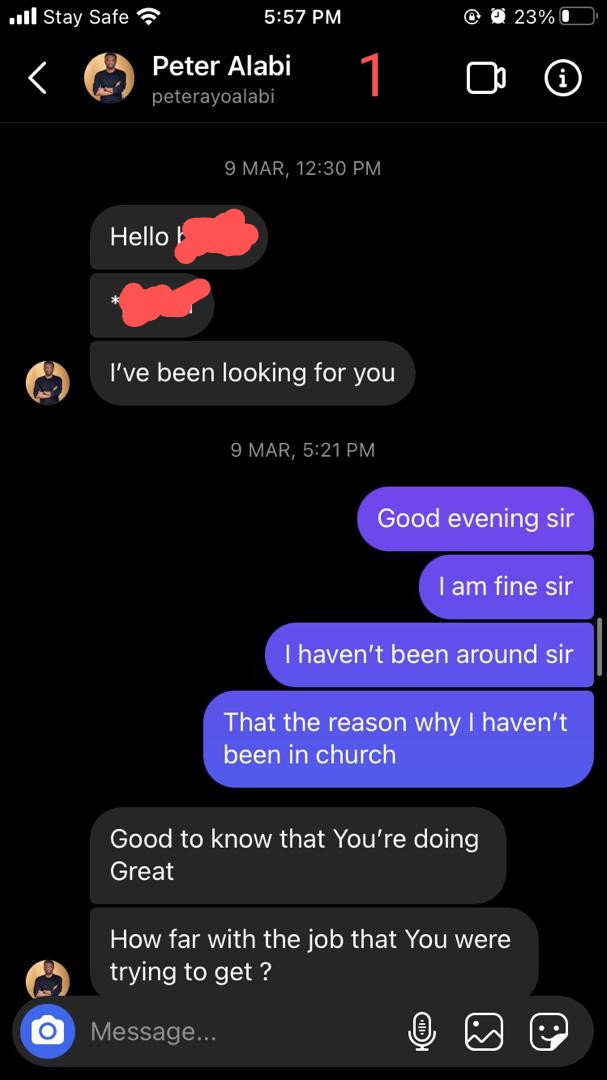How to become a SUCCESSFUL academic: a guide 1/n
Say yes to as many collaborations as physically possible: co-produce papers, LEARN, co-write grants, DISCUSS, it is all about synergy. But also, collaborations slow you down, have your own ideas! Just say no to collaborations
Science is only as good as its weakest link: don't be satisfied by applying the default analyses in the field. But also, don't let perfect be the enemy of the good and don't confuse reviewers. Just apply the default analyses in the field
Professor means teacher, it is LITERALLY in the name. Being a good professor means being a superstar teacher. But also, focus on the science and minimize the hours of teaching, don't try to become a superstar teacher
A modern scientist is an open scientist. Open up your code, your data and your publications. But also, your code is messy, the data isn't yours to share and you should save the APC of open publishing to hire new lab members
READ YOUR LITERATURE. Be the literature addict and know what is out there to prioritize your own science and become THE EXPERT. But also, there is just too much! Invest time spend on reading in writing your own stuff! DON'T READ
Become the best in the world by borrowing knowledge from different scientific disciplines and by working in multidisciplinary teams. But also, be THE SPECIALIST. Focus on your own discipline and team, your CV is begging you
Outreach! Show you can and will communicate with the public to explain your science. But also, TIME DRAIN! Surely your tenure track committee is not impressed by your 30k SoMe followers half of whom are bots anyway
Be an active part of the scientific community: be ready for peer review duty. The system will collapse without you! But also, peer review is a waste: everything will be published anyway. Don't answer the calls for peer review duty
You are an internationally oriented researcher: fly as much as you can for talks, collaborations and make sure you participate in ALL the discussions. But also, think about the environment: fly as little as you can
More from Life
It doesn't happen because you want it to happen.
It doesn't happen because you made it happen.
It happens because you allow it to happen.
https://t.co/j5hPyw9m9m
It doesn't happen because you made it happen.
It happens because you allow it to happen.
https://t.co/j5hPyw9m9m
There is a fine line between persistence and stubbornness.
— The Irrational Investor (@position_trader) August 28, 2019
True for life, true for investing.
👨💻 Last resume I sent to a startup one year ago, sharing with you to get ideas:
- Forget what you don't have, make your strength bold
- Pick one work experience and explain what you did in detail w/ bullet points
- Write it towards the role you apply
- Give social proof
/thread

"But I got no work experience..."
Make a open source lib, make a small side project for yourself, do freelance work, ask friends to work with them, no friends? Find friends on Github, and Twitter.
Bonus points:
- Show you care about the company: I used the company's brand font and gradient for in the resume for my name and "Thank You" note.
- Don't list 15 things and libraries you worked with, pick the most related ones to the role you're applying.
-🙅♂️"copy cover letter"
"I got no firends, no work"
One practical way is to reach out to conferences and offer to make their website for free. But make sure to do it good. You'll get:
- a project for portfolio
- new friends
- work experience
- learnt new stuff
- new thing for Twitter bio
If you don't even have the skills yet, why not try your chance for @LambdaSchool? No? @freeCodeCamp. Still not? Pick something from here and learn https://t.co/7NPS1zbLTi
You'll feel very overwhelmed, no escape, just acknowledge it and keep pushing.
- Forget what you don't have, make your strength bold
- Pick one work experience and explain what you did in detail w/ bullet points
- Write it towards the role you apply
- Give social proof
/thread

"But I got no work experience..."
Make a open source lib, make a small side project for yourself, do freelance work, ask friends to work with them, no friends? Find friends on Github, and Twitter.
Bonus points:
- Show you care about the company: I used the company's brand font and gradient for in the resume for my name and "Thank You" note.
- Don't list 15 things and libraries you worked with, pick the most related ones to the role you're applying.
-🙅♂️"copy cover letter"
"I got no firends, no work"
One practical way is to reach out to conferences and offer to make their website for free. But make sure to do it good. You'll get:
- a project for portfolio
- new friends
- work experience
- learnt new stuff
- new thing for Twitter bio
If you don't even have the skills yet, why not try your chance for @LambdaSchool? No? @freeCodeCamp. Still not? Pick something from here and learn https://t.co/7NPS1zbLTi
You'll feel very overwhelmed, no escape, just acknowledge it and keep pushing.








![Peter McCormack [Jan/3\u279e\u20bf \U0001f511\u220e]](https://pbs.twimg.com/profile_images/1524287442307723265/_59ITDbJ_normal.jpg)











